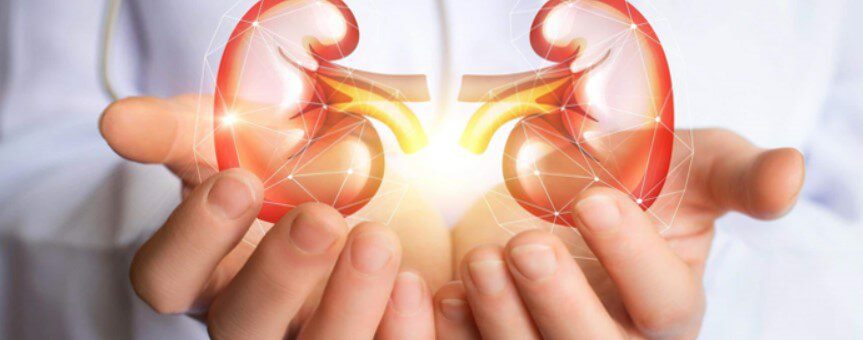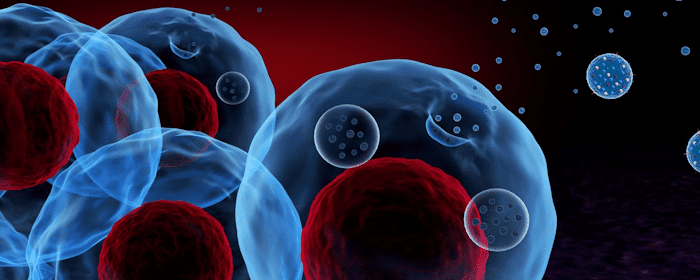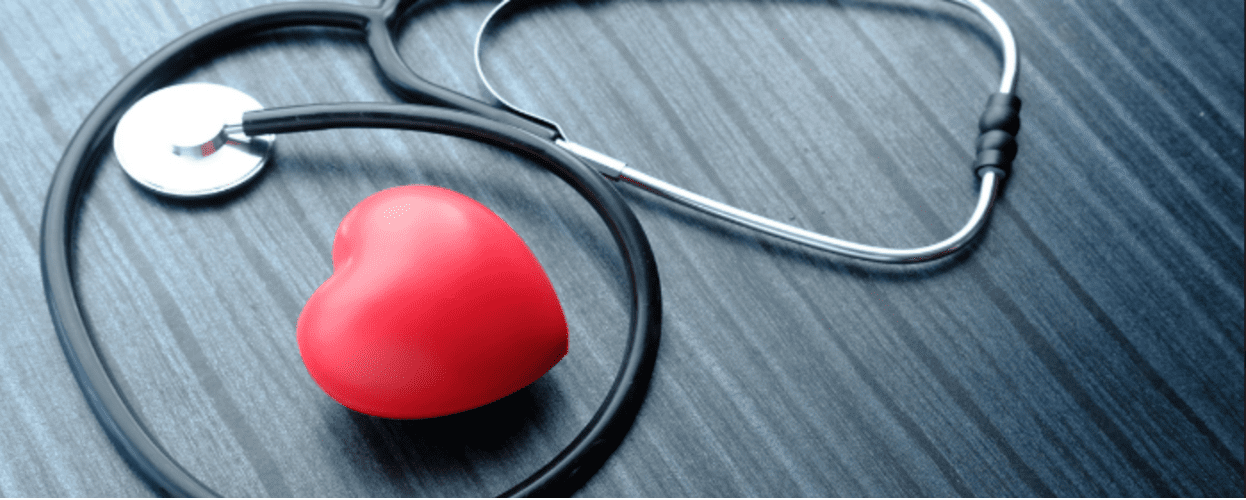
Renal Hypertension Signs, Symptoms, and Treatments
You might think of kidney health problems as separate issues from your blood pressure. However, renal hypertension, a form of high blood pressure, can be just as serious as cardiovascular health conditions.
It’s important to understand the link between kidney function and blood pressure. Once your kidneys become compromised, the damage isn’t reversible. Know the signs, symptoms, and treatment options related to renal hypertension so you can maintain your kidney health as long as possible.
How Renal Hypertension Develops
Your kidneys work with the rest of your body to maintain your blood pressure, fluid and sodium balance, pH levels, and more. When either your kidneys or the rest of your body is thrown out of balance, the other can suffer.
Narrowed Kidney Arteries
Renal hypertension has the same cause as standard high blood pressure — the narrowing of arteries. With this disease, the arteries that are most compromised are the ones that lead into your kidneys. This can be very dangerous if left untreated.
Many different factors can cause narrowed kidney arteries, including atherosclerosis (plaque buildup), scarring due to general hypertension, and others. When this happens, you’re at an increased risk of developing renal hypertension.
Your Kidneys’ Response
When your kidneys aren’t getting enough blood flow — which is a common issue when your arteries narrow — they release certain hormones. These hormones cause your blood pressure to rise in an attempt to get more blood flowing to your kidneys.
The Vicious Cycle of Renal Hypertension
Renal hypertension is a real problem, particularly if it progresses for a long time. Once your kidney blood flow is compromised, your kidneys stop working as efficiently.
One of the primary functions of your kidneys is to balance sodium and water levels in your body. Compromised kidneys won’t filter sodium out of your system as effectively. When there’s too much sodium circulating, you experience high blood pressure, and the hypertension cycle continues.
Chronic hypertension can contribute to the development of kidney disease, which has no cure. Many experts consider kidney disease to be the root cause of renal hypertension, but general hypertension plays a large role as well.
Common Signs and Symptoms of Renal Hypertension
You might be wondering if this problem will affect you, especially if you’ve already been diagnosed with general hypertension. There are key signs and symptoms to look out for. You should also consult closely with a physician who can monitor your blood and kidney health consistently.
Headaches
In some cases, high blood pressure will cause headaches or migraines. Scientists believe this happens because of changes in the blood-brain barrier. Pressure can build in this region during high blood pressure episodes, leading to discomfort, pain, and migraine headache symptoms.
Vision Changes
Extremely high blood pressure levels can damage the arteries and blood vessels in your eyes. This leads to double vision, blurriness, and general difficulty seeing. If you experience sudden changes in your vision, renal hypertension may be the culprit.
Confusion
Your brain can’t function properly when your blood pressure is too high. This symptom is usually a sign that you’re in a hypertensive crisis and need immediate medical attention. If you start feeling confused, dazed, or mentally foggy, consider renal hypertension as the root cause.
Nausea and Vomiting
Hypertensive crises usually induce nausea and, in some cases, bouts of vomiting. This is another critical symptom to watch for, as it means you need emergency medical treatment.
An Important Note
Renal hypertension, much like general hypertension, usually shows no symptoms. This is why it’s so dangerous, as patients may not know they have this condition until it’s too late. It’s essential to work with a specialist who can keep an eye on your blood pressure and kidney health if you have concerns.
It’s also important to note that kidney problems are mostly irreversible. While there are some promising treatments, like stem cell therapy for kidney disease, there is no known cure yet. Prevention is the key to managing your kidney health.
Potential Treatments for Better Kidney Health
Lifestyle changes and innovative treatments, namely regenerative medicine, may improve your kidney health over time. If your doctor has stated that you don’t need surgery to treat your renal hypertension, stem cell therapy may be right for you.
Lifestyle Changes to Lower Your Blood Pressure
Eating a diet low in sodium and free from added table salt can do wonders for your blood pressure levels. Your doctor may recommend that you make other lifestyle changes, like exercising daily and quitting smoking. These changes take time to get used to, but they can save your kidneys a lot of damage in the long run.
Blood Pressure Medication
This intervention is tricky because a key sign of renal hypertension is rising blood pressure that won’t respond to medication. However, in some cases, your doctor may be able to control your hypertension with a stronger blood pressure drug. This is usually the first line of treatment if you’re unable to make the necessary lifestyle changes.
Surgery
There are both minimally invasive and open surgical procedures for treating renal hypertension. Surgical interventions involve installing a balloon into the affected artery or using healthy tissue from a different artery to repair the damaged one. Either way, these interventions require a surgeon who specializes in these procedures.
Stem Cell Therapy
Regenerative medicine involves using stem cells to treat and protect damaged tissues in the body. Mesenchymal stem cells have shown some promise in treating ischemic kidney disease and restoring health to damaged blood vessels.
Stem cells can be programmed to have anti-inflammatory properties, which reduces tissue damage throughout your body. When the affected area — in this case, your kidneys — receives stem cell therapy, damaged vessels and arteries might slowly heal and regenerate.
Regenerative medicine is drug-free and uses the natural healing properties of “blank” stem cells to assist in wound healing and tissue regeneration. Stem cell treatments may be a good option for treating your renal hypertension if you want to avoid surgery, medication, and other invasive interventions.
Renal Hypertension Prevention, Treatment, and Healing
You have options when it comes to preventing and treating your renal hypertension. Prevention is always the best way to avoid long-term complications. However, don’t be discouraged if the damage is already done. With the right information, you can make an informed decision on caring for your kidneys.



 St. Petersburg, Florida
St. Petersburg, Florida
